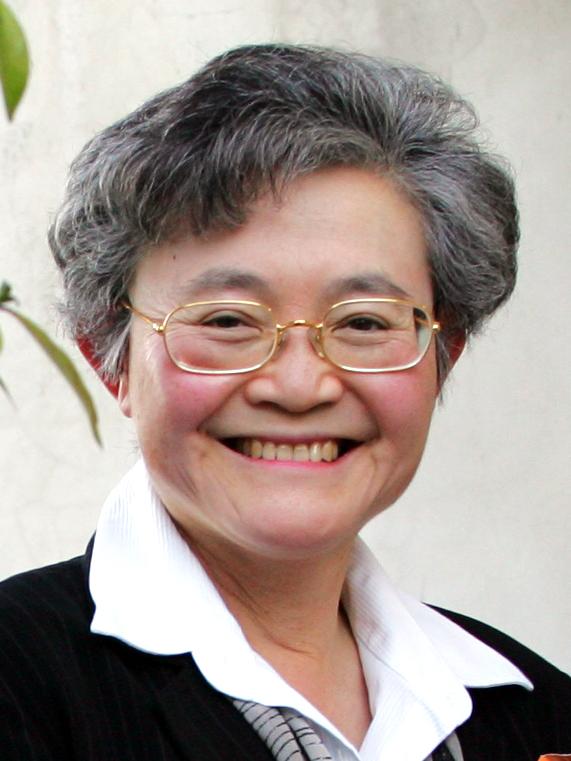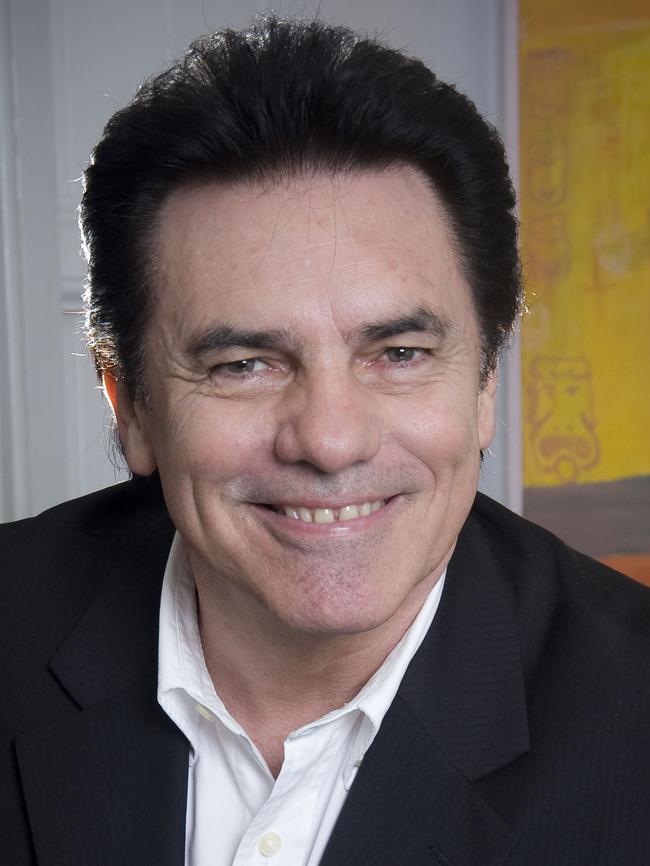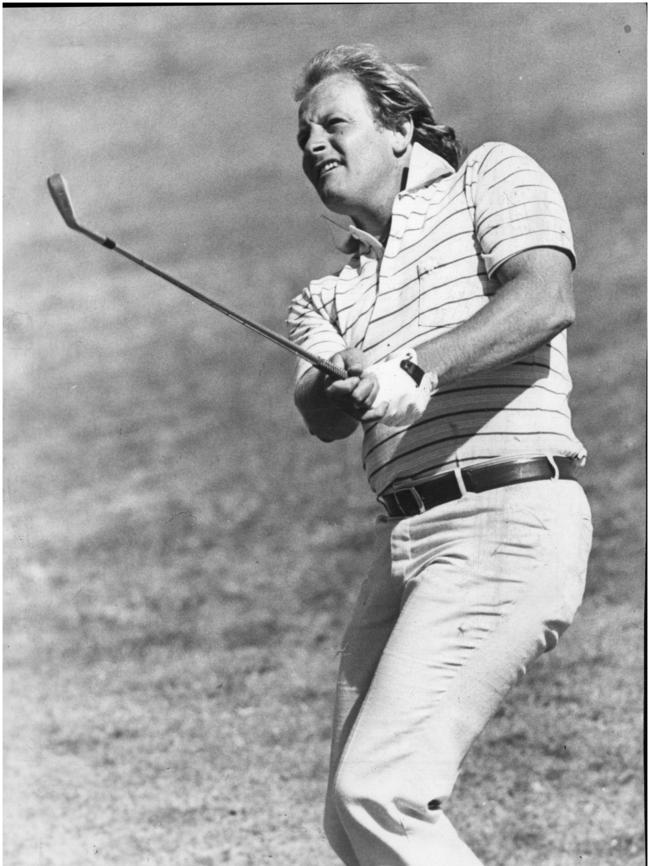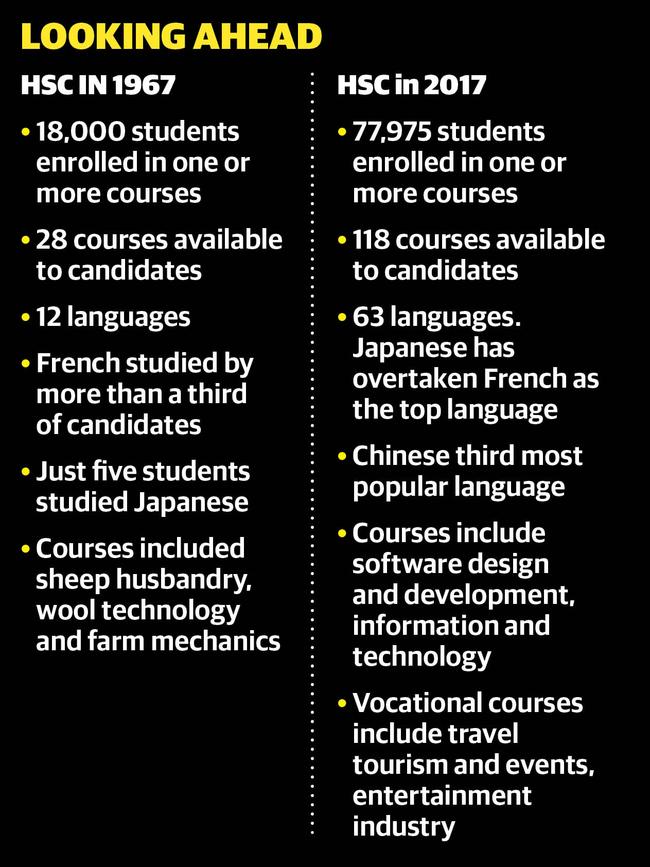THE iconic Higher School Certificate turns 50 on Monday when 70,000 candidates sit the first English papers under the tightest security ever and a crackdown on cheating.
Olympics maestro John Coates knew the value of the newly minted HSC when the class of 1967 sat the very first exams half-a-century ago.
Coates, now a high ranking Olympic official who more than anyone else won the 2000 Games for Sydney, was desperate to do a law degree at the University of Sydney but fell just short.
So the Homebush Boys High School student repeated the HSC gaining four level one scores and a level two in Maths _ enough to set him on a career in law and a path to becoming one of the world’s most influential sports administrators.
“The new HSC meant school became six years instead of five … we were older and the teachers treated us as young adults,” Coates recalls.
The “guinea pigs” of ’67 who broke new ground in the first HSC _ and changed the education landscape in NSW _ included many others who went on to become notable Australians.
Among their number golfing great Jack Newton, swimming gold medallist Michael Wenden, Children’s Court judge Peter Johnstone, Australia’s first federal race discrimination commissioner Irene Moss, Opera Australia artistic director Lyndon Terracini and the cardiologist Prof Terry Campbell.
Also sitting that very first HSC was Major General (Retd) Michael Smith who served in the Australian Defence Force for 34 years and is the current president of the United Nations Association of Australia.
To Olympic swimming gold medallist Michael Wenden and his school mates the first HSC _ following the landmark Wyndham Report _ was a journey into the unknown.
“It was taking a calculated risk because no one was sure what (academic) levels you would need,” he said.


Irene Moss recalls feelings of being unlucky because the first HSC meant six years of high school “and we were all keen to get out into the world”.
“It was also rather challenging because the teachers were often learning the new curricula along with the students and many of the text books were very late, especially in science,” she said.
“However … the chaos was the best leaning experience we could have had because it taught us all to cope for ourselves much earlier than would normally have been the case.
“The teachers worked very hard to make the HSC a success but the self-teaching skills which we students developed as HSC guinea-pigs have proven to be more valuable to me than any text book could have been.”
The HSC helped launch Lyndon Terracini’s distinguished career in music.
“In the confusion of the time I was the only kid in the school _ Manly Boys High _ who did music for the HSC,” he said.
“It went well and was what I only ever wanted to do.”
Since the class of ‘67 the HSC has evolved into a globally recognised credential studied by more than 2.3 million students.
It is still undergoing major changes that attract both admirers and critics.
The battle today is to protect the HSC from scandal and glitches that undermine its credibility.
Security has come a long way since the days when an exam paper was stolen from the printers in the early 1980s, given to a radio station and read out on air.
Now the papers are protected by guards and alarm systems, stored in safes and can only be removed by authorised staff on the day of the exam.
Examiners are recalibrating the format and style of questions to stamp out rote learning and pre-prepared and memorised answers.
Breaches of rules and malpractice which have become more sophisticated in the digital age _ including smuggling in electronic devices including smart watches _ draw serious penalties up to disqualification.
More than 600 students were found to have plagiarised an assessment or cheated in an exam last year, data from the NSW Education Standards Authority shows.
When the HSC was launched _ replacing the old Leaving Certificate and matriculation system dating back to the Victorian era _ just 18,000 students were enrolled in one or more subject.
Today as four times as many sit at least one of the exams and the HSC is undergoing its biggest overhaul in 17 years including a new science extension course and fewer and fairer assessment tasks.
But the changes have attracted a storm of criticism amid claims the English syllabus has been watered down.


The biggest fight has been over the government’s decision to impose a requirement for students to reach benchmarks in reading, writing and numeracy so the HSC cannot be just a “ribbon for turning up”.
The latest data from the National Assessment Program _ Literacy and Numeracy (NAPLAN) reveals almost 70 per cent will need to sit an extra reading, writing or numeracy test to become eligible for the HSC from 2020.
To be guaranteed of receiving the credential candidates will have to score at least Band 8, the third highest NAPLAN level for Year 9, in the core subjects.
Students who fall short of the benchmark by the end of Year 12 will not receive the HSC _ instead, they will be awarded the Record of School Achievement (ROSA).
The tough new rules follow plummeting performances by Australian teenagers in critical subjects such as reading, mathematics and science.
A major report by the Australian Council for Educational Research (ACER) has found the declining achievement level is so serious it could affect the nation’s ability to compete globally for the next 50 years.
The reforms follow community feedback including parents and educators about preparing students for 21st century careers. They have been applauded by business groups as a “victory for young people and their employability”.
But ironically, the most serious attack on the HSC has come from Western Sydney Catholic education boss Greg Whitby, the recipient of the prestigious Sir Harold Wyndham Medal this year for outstanding contribution to education.
Mr Whitby, who leads 80 primary and high schools in the Parramatta education diocese, describes the HSC as a relic of the 1950s that no longer reflects students’ needs and should be scrapped.

He believes the HSC is rarely used to seek employment and fewer students are using their ATAR (Australian Tertiary Admission Rank) to get into university.
But Education Minister Rob Stokes says the HSC remained the “gold standard of secondary education in Australia”.
“I am proud to see something that was first a theoretical exercise flourish into one of the most highly recognised educational qualifications on the planet,” Mr Stokes says.
““There is not a single top tier university in the world that doesn’t recognise the HSC as comprehensive entry prerequisite.
“Despite the evolution of technology, revolution of teaching methods and society’s mass cultural upheaval, one thing about the HSC has always remained constant: its core foundation in the pursuit of knowledge.”
New English, Maths, Science and History syllabuses will come into force from 2019 but claims that English has been weakened have drawn a sharp response from NSW Education Standards Authority chairman Tom Alegounarias.
“You will not be able to complete the HSC without studying great literature,” Mr Alegounarias says.
The number of texts and choices has been reduced to enable students to study subjects in greater depth.
A renewed emphasis on Shakespeare has sparked debate across social media over the value of classical literature to students in the digital age.
One critic put it this way: “Shakespeare while brilliant and certainly worth studying is not preparing kids for the modern world.”
HSC IN 1967
● 18,000 students enrolled in one or more courses
● 28 courses available to candidates
● 12 languages
● French studied by more than a third of candidates
● Just five students studied Japanese
● Courses included sheep husbandry, wool technology and farm mechanics
HSC in 2017
● 77,975 students enrolled in one or more courses
● 118 courses available to candidates
● 63 languages
● Japanese has overtaken French as the top language
● Chinese third most popular language
● Courses include software design and development, information processes and technology
● Vocational courses include travel tourism and events, entertainment industry
